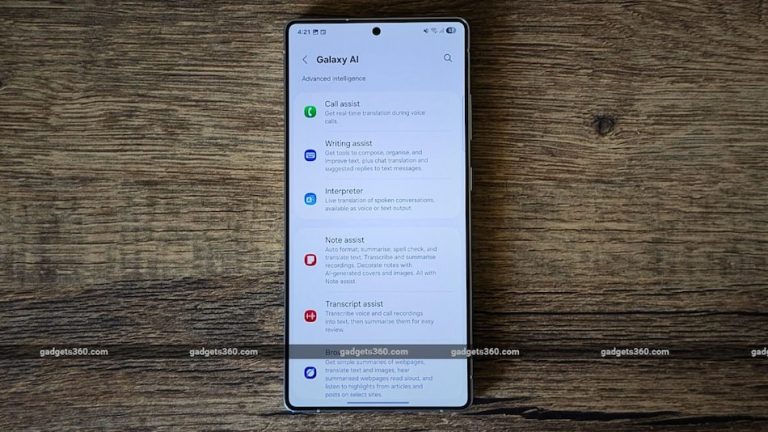
Technological Innovations Shaping 2025: A New Era of Growth
Technological innovations are transforming the world at an unprecedented rate, and 2025 is shaping up to be a pivotal year for growth and development. Technological innovations are driving change in every aspect of our lives, from the way we communicate and work to the way we travel and entertain ourselves. In this article, we’ll explore some of the most significant technological innovations shaping 2025 and beyond.
Artificial Intelligence (AI) and Machine Learning (ML)
Artificial intelligence and machine learning are two of the most significant technological innovations of our time. AI refers to the development of computer systems that can perform tasks that would typically require human intelligence, such as visual perception, speech recognition, and decision-making. ML is a subset of AI that involves the use of algorithms and statistical models to enable machines to learn from data and improve their performance over time.
AWS, Google Cloud, and Microsoft Azure are some of the companies leading the charge in AI and ML innovation. These companies are investing heavily in research and development, and their advancements are being used in a wide range of applications, from virtual assistants like Alexa and Google Home to self-driving cars and personalized product recommendations.
Internet of Things (IoT)
The Internet of Things refers to the network of physical devices, vehicles, and other items that are embedded with sensors, software, and connectivity, allowing them to collect and exchange data. IoT is transforming the way we live and work, from smart homes and cities to industrial automation and transportation systems.
Companies like Samsung and Bosch are leading the charge in IoT innovation, with a focus on developing connected devices and platforms that can integrate with other systems and applications. The potential applications of IoT are vast, from improving energy efficiency and public safety to enhancing the customer experience and reducing costs.
5G Networks and Edge Computing
The rollout of 5G networks is one of the most significant technological innovations of 2025. 5G refers to the fifth generation of wireless network technology, which promises faster data speeds, lower latency, and greater connectivity than its predecessors. Edge computing is a related innovation that involves processing data at the edge of the network, closer to the source of the data, rather than in a centralized cloud or data center.
Companies like Verizon and AT&T are investing heavily in 5G infrastructure, and the potential applications are vast, from enhanced mobile broadband and mission-critical communications to massive machine-type communications and ultra-high-definition video streaming.
Blockchain and Cybersecurity
Blockchain and cybersecurity are two technological innovations that are closely intertwined. Blockchain refers to a distributed ledger technology that enables secure, transparent, and tamper-proof data storage and exchange. Cybersecurity refers to the practices and technologies used to protect computer systems, networks, and data from unauthorized access, use, disclosure, disruption, modification, or destruction.
Companies like IBM and Cisco are leading the charge in blockchain and cybersecurity innovation, with a focus on developing secure and scalable solutions for a wide range of applications, from supply chain management and identity verification to voting systems and healthcare record-keeping.
Conclusion
Technological innovations are shaping 2025 and beyond in profound ways, from AI and ML to IoT, 5G networks, edge computing, blockchain, and cybersecurity. These advancements have the potential to transform industries and revolutionize the way we live and work, and it’s essential to stay informed and adapt to the changing landscape.
